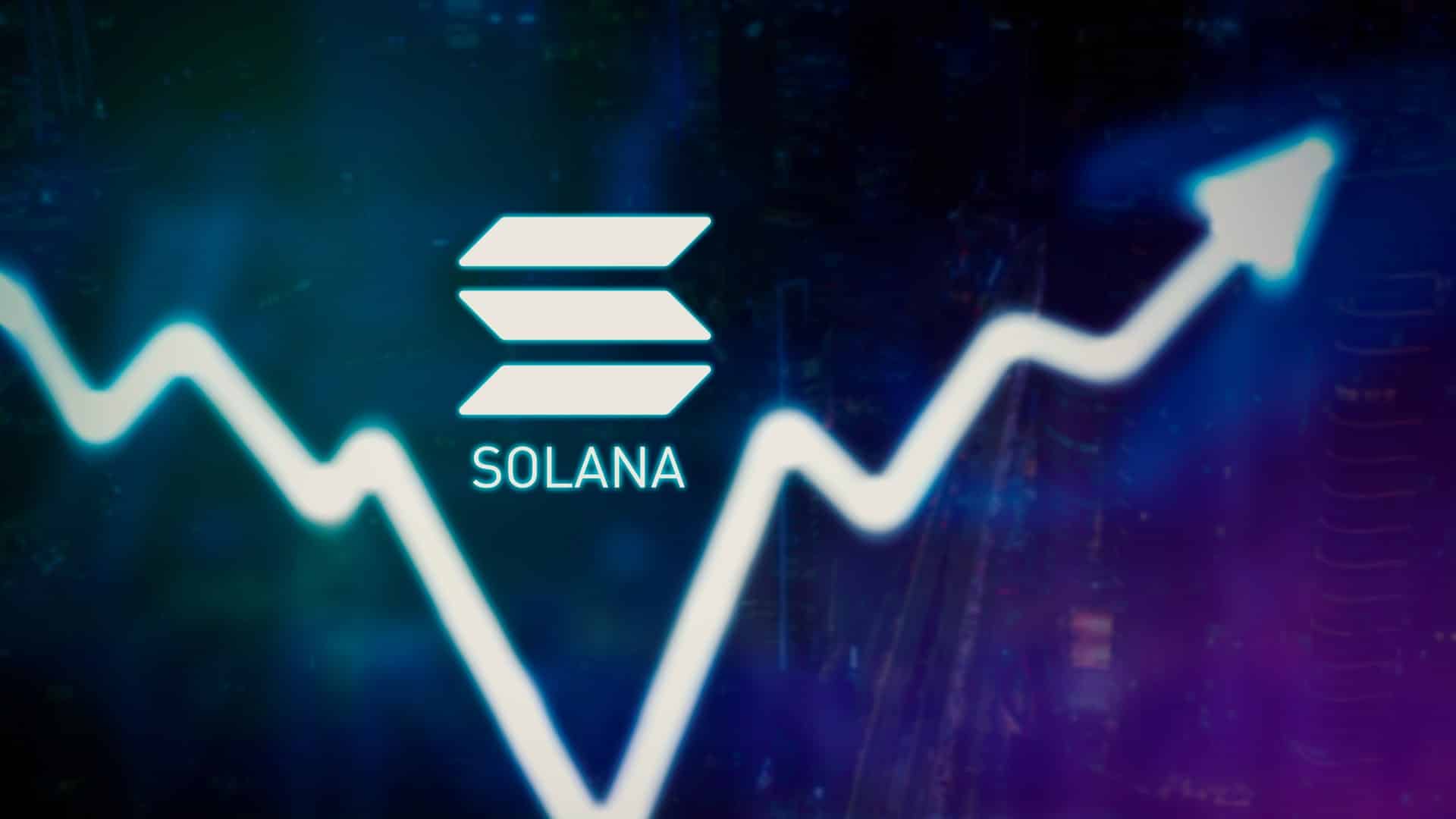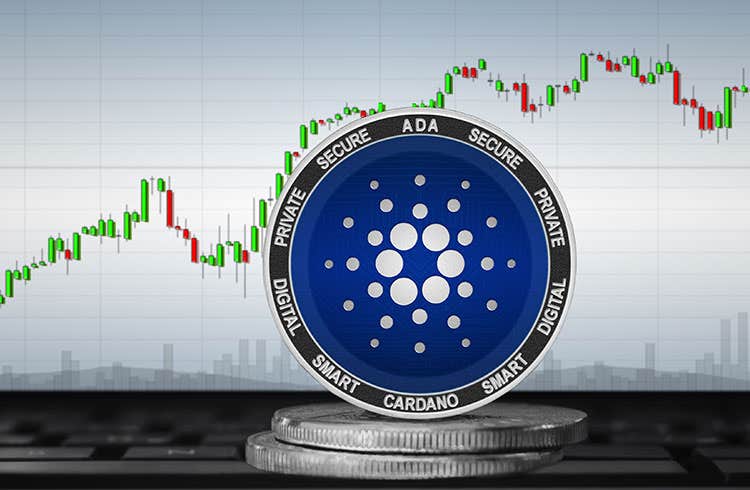The Markets in Crypto Assets Regulation (MiCA) will in future make the exchange of crypto assets for a sum of money as well as the exchange of crypto assets for other crypto assets subject to permission. Crypto service providers who want to offer exchange services in connection with crypto assets must first obtain a corresponding MiCA license. In order to obtain one, crypto service providers must in particular have technically suitable managers, have a proper business organization and be able to show regulatory initial capital of at least 125,000 euros.
In addition to these basic requirements for a MiCA license, the MiCA requires crypto exchange providers to fulfill additional minimum requirements and obligations. Crypto service providers offering exchange services will have to clearly define what type of customers they accept. In addition, they will have to publish their exchange prices and fulfill their customers’ orders at the prices published at the time the order is finally placed. Crypto exchange providers must also be required to publish information about the trades they enter into on an ongoing basis.
Who is considered a crypto exchange provider under MiCA?
According to the MiCA, an exchange of crypto assets for other crypto assets or for an amount of money is only a crypto exchange that requires a permit if it is carried out using the provider’s own capital. Commission agents or portfolio managers who use their customers’ capital for barter transactions are not included. The use of one’s own capital is an unwritten feature of the crypto exchange, which does not result from the actual text of the regulation, but from the considerations preceding it. The provider’s own capital must be used either in the form of crypto assets or fiat money.
Therefore, for example, if a token that does not fall under the MiCA definition of crypto assets, such as a non-fungible token (NFT) or a tokenized transferable security covered by the MiFID regulation, is exchanged for fiat money, this exchange transaction cannot be classified as a crypto exchange under MiCA . Nevertheless, it is of course possible that the business requires a permit for other reasons. In Germany, for example, the exchange of tokenized securities can be regulated as proprietary trading under the German Banking Act (KWG) or the Securities Institutes Act (WpIG).
Specific Compliance Obligations of Crypto Exchange Providers
Crypto service providers who want to offer the exchange of crypto values for other crypto values or for a sum of money must, as part of a non-discriminatory business policy, determine what type of customer they accept and what conditions these customers have to meet. They must therefore make a binding decision as to whether they want to serve consumers, commercial customers or both types of customers. In addition, it must be determined which other conditions the customer must meet in order to become a customer. It is possible, for example, to specify only supervised companies. On the other hand, it is not possible to impose discriminatory restrictions, for example on the basis of nationality, age or the political orientation of potential new customers.
When processing exchange transactions, it must also be possible for customers to understand at all times the specific price at which crypto assets are being offered. Order execution may only take place at the price published at the time of the final exchange order, whereby the crypto service provider must inform its customers when an exchange order is considered final within the framework of its business model. Crypto exchange providers must also disclose any upper limits in terms of a maximum exchangeable value. Finally, according to the MiCA, crypto exchange providers are obliged to provide post-trade transparency. They constantly publish information about the deals they have made, the transaction volumes and the transaction prices.
The best platfroms to buy Bitcoin by debit or credit card 2023
- Russia to Slap a 15% Tax on Crypto Gains – The Bear Wants Its Share - November 20, 2024
- 70% of Airdrop Tokens Are Profitless—Here’s Why Your Freebies Might Be Worthless - November 19, 2024
- The Most Important Cryptocurrency News of November 14, 2024 - November 15, 2024























